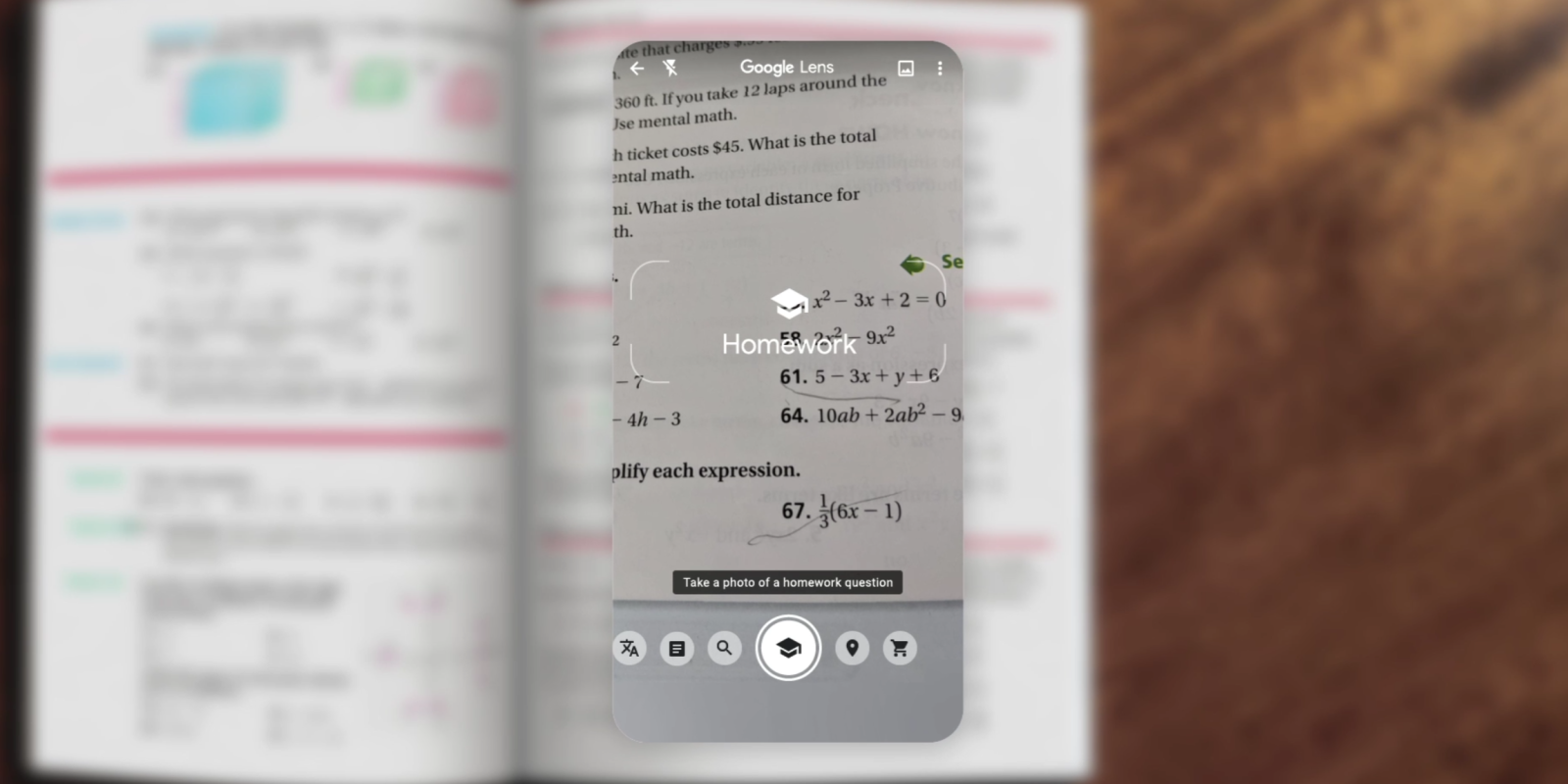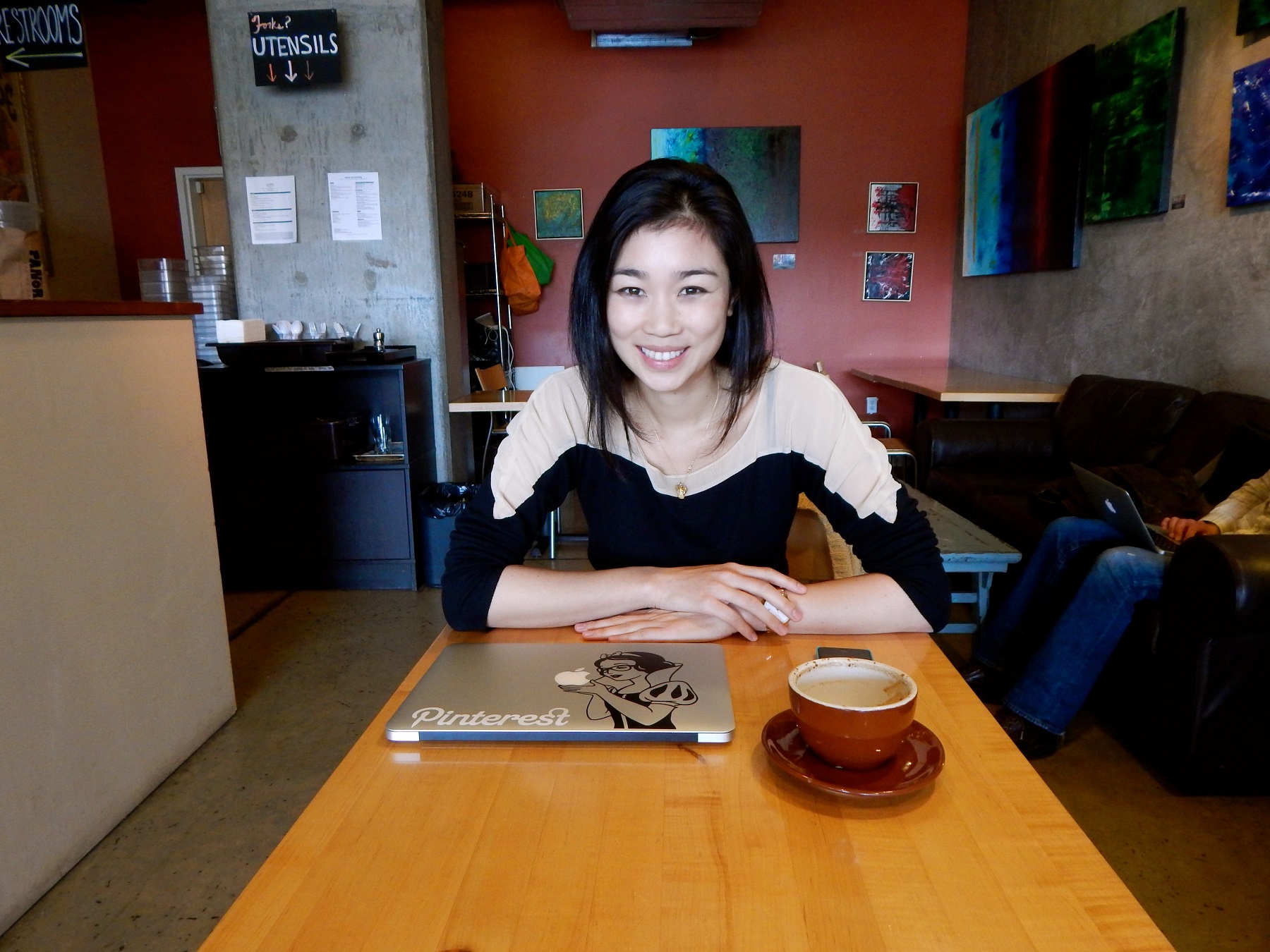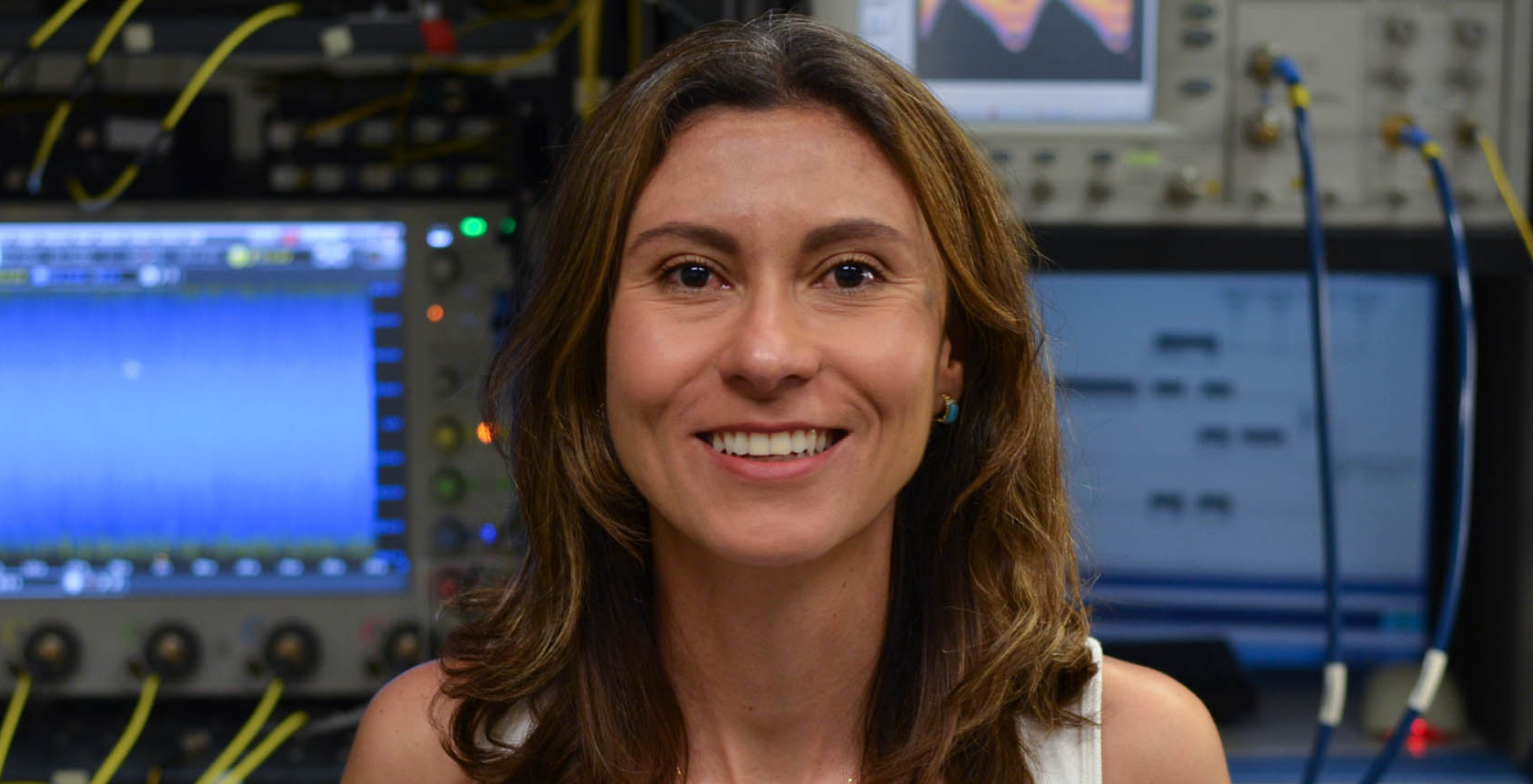Struggling with a quadratic equation at home? Just take a picture of the question, and Google will answer it for you.
The tech giant is preparing to release a homework filter for Lens, using tech from its recently acquired mobile learning app, Socratic. Users take a picture of a maths question, and Lens provides step-by-step guides to solve the problem.
Google Director of Programme Management for Education Jennifer Holland explains in a blog that the idea is to provide “detailed explainers to help you better understand key concepts.
“These features help improve comprehension and understanding of core topics.”
She adds that the filter fits alongside other initiatives released in recent months to make quarantine schooling easier: AR tools that show 3D anatomy models of STEM concepts in Google search, and Read Along, a gamified reading partner that encourages young learners to practice reading aloud.
But the question on many people’s lips is whether Lens, which can be used to instantly answer homework questions, is making learning more detailed—or stopping users from thinking for themselves.
The Lens debate
This was a heated topic of discussion on popular forum website Reddit.
Users pointed out that the app that will host the Lens filter, Socratic, already has a long history of not only solving maths problems—but also balancing chemical equations and finding answers to English questions.
Some said that the release of such applications had made their teachers create problems that required more thought to ‘crack’.
“I love that stuff like this is going to force education to be restructured away from ‘question → answer’,” user ThaEzzy wrote. “It sorely needed to develop a lot more curiosity than that lousy curriculum meta.”
By contrast, user likewhiteonrice887, a maths teacher, wrote, “This makes my job so much harder.
“These programs need to at least work problems with different numbers so they aren’t increasing already rampant cheating on practice assignments.”
User vmainen had a different take. “Often students find interpreting the problem to be the hardest part.
“This should be preferred more, you must figure out what is asked and how to create the equation and leave the actual solution to the computer (at least sometimes).”
Real-world application
It’s hard to shake off the feeling that learning in this way—interpreting a challenge from a word problem—is more applicable to everyday life. Outside of the exam room, it doesn’t matter whether you solved a problem manually or with a calculator. What matters is that you knew which one to solve and got the right answer.
Towards the end of the 20th century, teachers would often joke that you’d need to learn how to do equations, as you’d ‘not always have a calculator in your pocket’.
As we well know, that exact opposite is true: almost 50 percent of people around the world use a smartphone, which rises to 83 percent of people in the UK.
Changing the education system?
The Google Lens debate also encourages us to look at education in general. What use is testing students on their ability to memorise facts, when said facts can be retrieved in seconds from your mobile, no matter where in the world you are?
Once we accept this, why do we continue to base education on memorisation and rote application of rules, which will surely be forgotten at some point after the exam? Is the useful skill not understanding the problem, then knowing which answer to ask for?
Returning to the homework filter, another Reddit user, pirate135246, who said they’d studied maths from infancy to university, said that the problem is not these new advanced programmes. “It stems from the structure of our learning environment which rewards getting the right answer instead of understanding how to solve the problem,” they wrote.
“A lot of kids just don’t care about learning, because they aren’t rewarded for it.”




